4 Metal Roof Misconceptions: Winter Edition
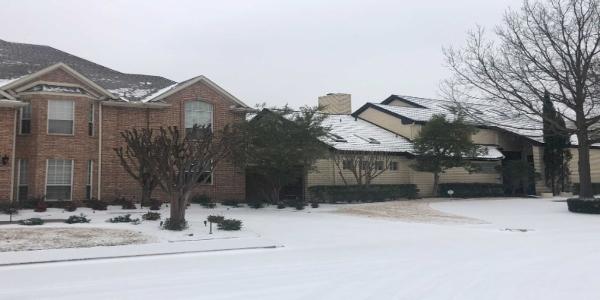
By Trevor Underwood, DECRA Metal Roofing.
Help homeowners distinguish fact from fiction when it comes to these wintertime metal roof myths.
Metal roofs have quite a few myths surrounding them, like the idea they attract lightning or can be loud in the rain. When it comes to talking to your homeowners about considering a metal roof, it’s important that you act as the myth buster, helping them distinguish fact from fiction so they can make the best choice for their home. Particularly in the winter months, metal roofs have their own set of myths that need to be dispelled.
From ice dams to installation, here are the four common untruths about metal roofing in the winter.
Myth 1: Metal roofs are colder in the winter
Homeowners who have paid the utility bills to keep a warm home through a blustery winter know that heating costs are often higher than cooling costs. So the myth that metal roofs are colder in the winter is an understandable concern that homeowners may have when choosing a roofing material.
The key to an energy-efficient roof is essential airspace between the surface material and the roof deck. DECRA Metal Roofing products provide the critical airspace required, which acts as an extra insulating layer from the cold during the winter and a ventilating escape route for warm air in the summer.
Fact: Metal roofs actually keep your home warmer in the winter and cooler in the summer.
Myth 2: Metal roofs are prone to ice dams
When cold surfaces at the eaves (the part of your roof that hangs over the side) freeze before warm surfaces at higher points on the roof, ice dams work their way up the roof, and prevent accumulating snow from sliding off the roof.
The increasing weight of the snow load is cause for immediate concern, but ice working its way under asphalt shingles can cause damage to underlayments and even the roof deck itself. This damage may not reveal itself until later on when the roof expands under warmer conditions and leaks become evident.
To prevent ice dams from forming, the entire roof needs to be the same temperature as the eaves.
DECRA roofing profiles help achieve a consistent roof temperature by providing the essential airspaces that we discussed above. Below the roof, increasing attic ventilation, adding insulation, and sealing off every possible air leak that might warm the underside of a roof are effective ways to prevent ice dams from forming at all.
Fact: Metal roofs can help prevent ice dams.
Myth 3: Metal roofs can't be installed in the winter
One ongoing misconception about metal roofing is that it can’t be installed during the winter months. This myth likely comes from the fact that asphalt shingles can’t be installed under 40 degrees.
Roofers have to exercise extreme caution and discretion when applying asphalt shingles in cold climates because the material can easily bend, split and crack.
Issues like these can increase materials costs and cause off-season installation complications. The likelihood of problems arising from installing asphalt shingles under recommended temperature is high, with added risks for repairs and replacements. Many roofing professionals won’t take on an asphalt shingle roof job in the winter.
Unlike other roofing materials, metal roofs can be installed in cold climates without compromising the quality of the product. This is especially helpful when homeowners experience a mid-winter roofing emergency and waiting for spring isn’t an option.
Fact: Metal roofs can be installed during the winter.
Myth 4: Metal roofs are noisy in rain, sleet and hail
This widespread myth is one of the most common misconceptions about metal roofing. It likely comes from the fact that roofing made from flat, uncoated metal or aluminum sheets can be loud in rain, sleet and hail. The thicker the coating–and the more texture on the roofing material–the more effective it is at disrupting the reverberation of sound waves.
With a stone-coated steel roof from DECRA, you don’t have to worry about noise from rain, sleet or hail. Additionally, DECRA roofs don't require soundproofing underlayments that some uncoated metal roofs need to block out noise.
Fact: Metal roofs are not noisy in the rain.
Learn more about DECRA in their RoofersCoffeeShop® Directory or visit DECRA.com
Original article source: DECRA


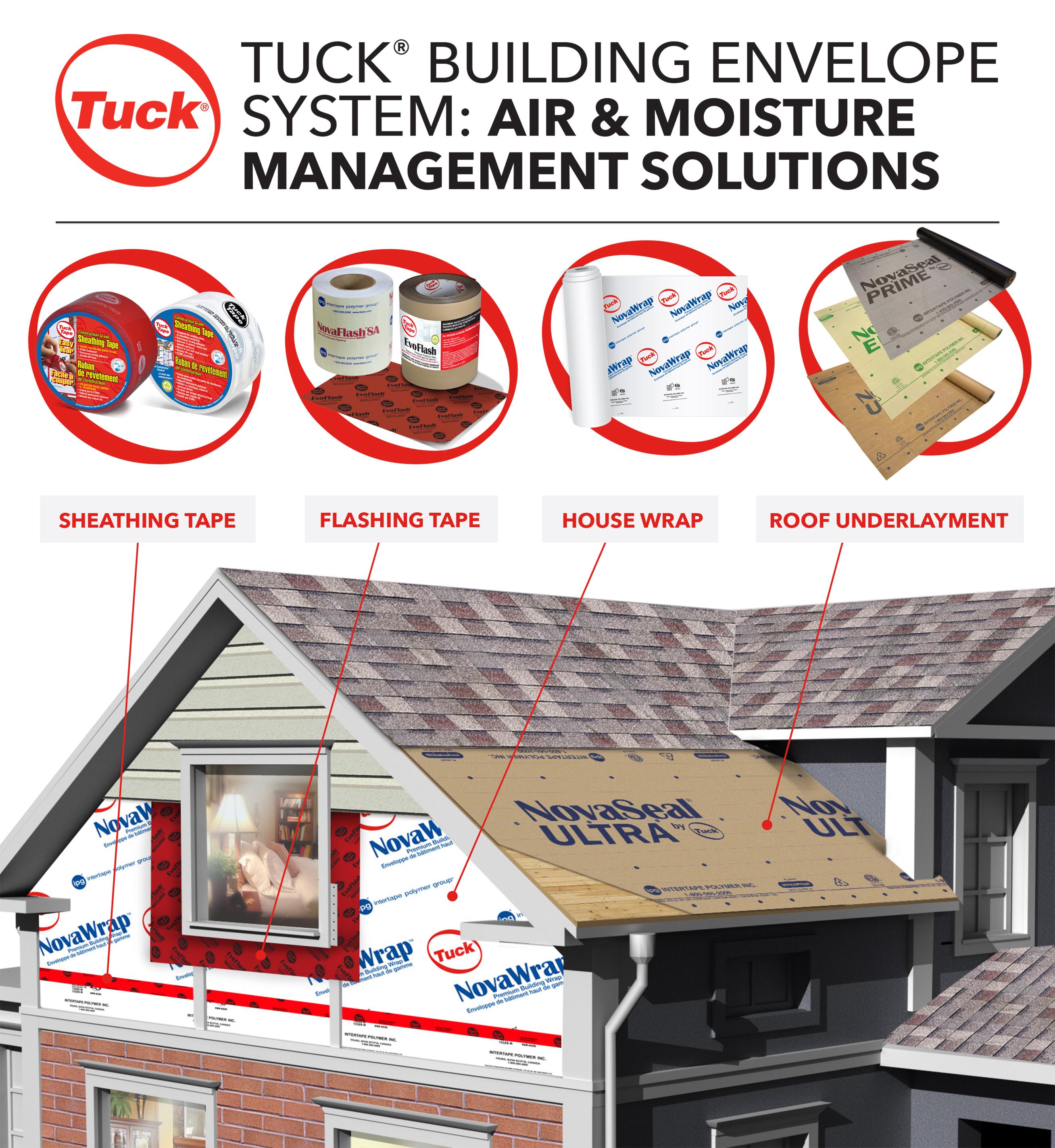







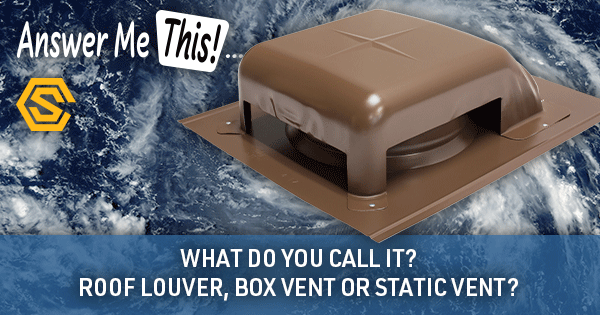


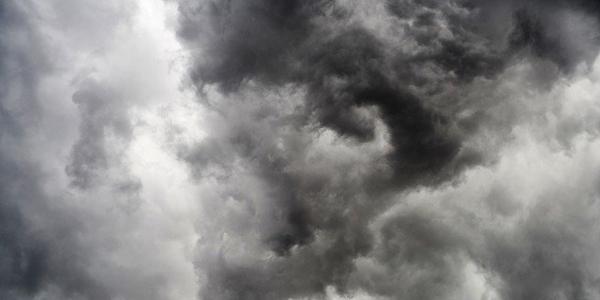
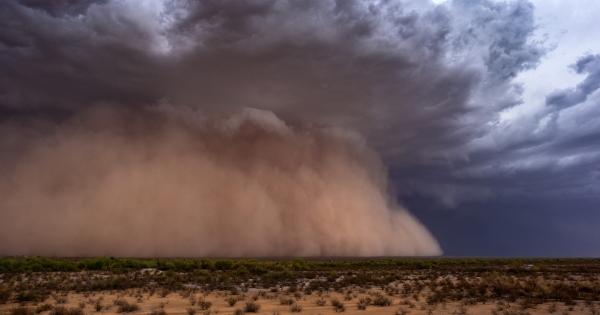
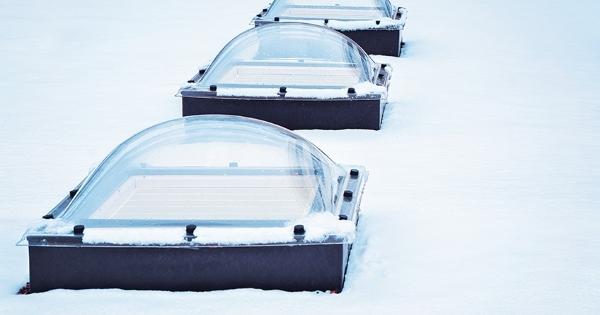




Comments
Leave a Reply
Have an account? Login to leave a comment!
Sign In